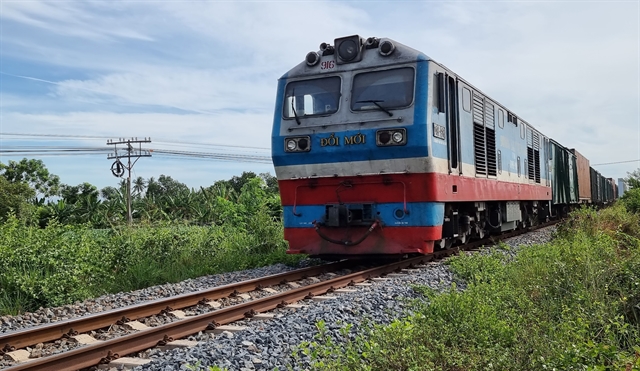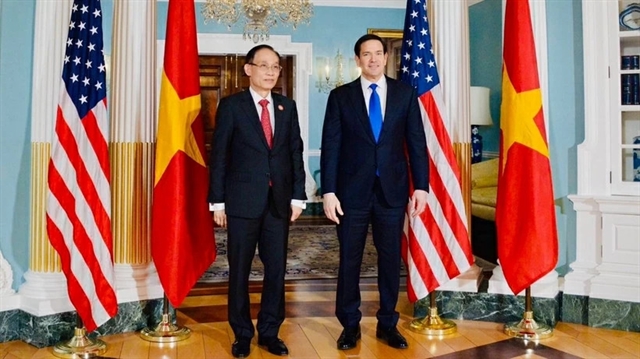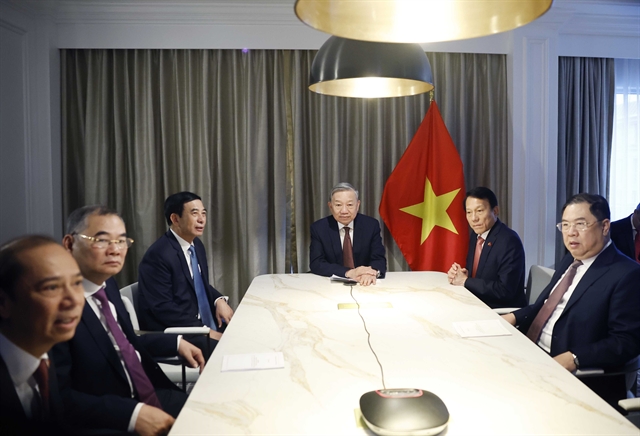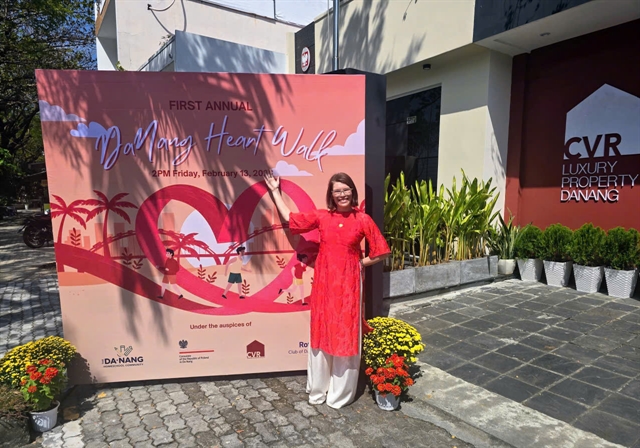 Society
Society
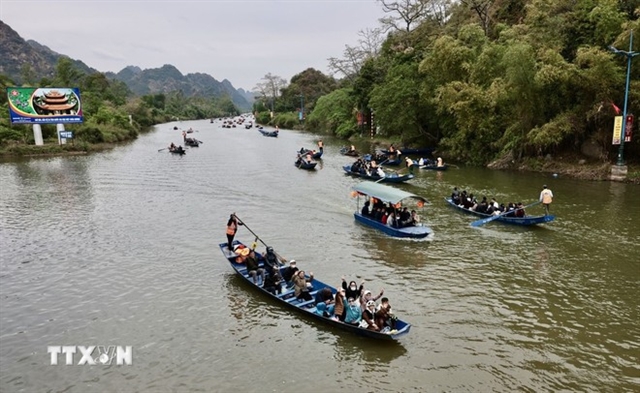
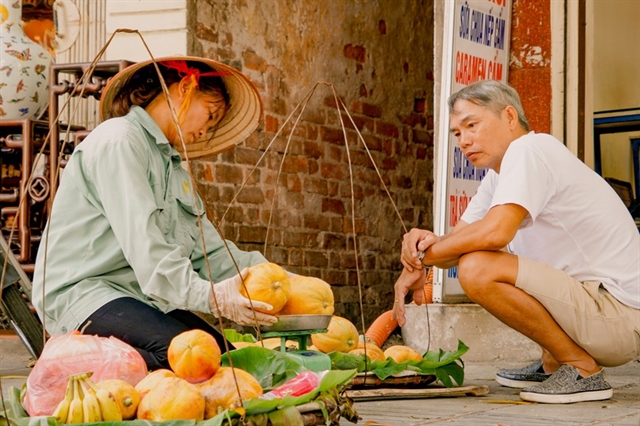
|
| A street vendor sells papaya fruits to a customer in Hà Nội. Informal workers are among those seriously economically affected by the COVID-19 pandemic. VNA/VNS Photo Minh Sơn |
By André Gama, Social Protection Programme Manager, ILO Viet Nam
All across the world, the COVID-19 pandemic has brought about not only a global health crisis, but also an economic one. As governments act to control the pandemic, many of their efforts end up negatively affecting economic activities. Thus, governments have been forced compliment their efforts to protect public health with measures that support the livelihoods of their citizens.
In Việt Nam, like in many other countries in the region, the significant share of informal workers in the labour force (71 per cent, including agricultural workers) presents a significant challenge in the design and implementation of COVID-19 support packages. In particular, as many workers are not registered in any database, programmes targeting specific groups of workers can be become a complex, expensive and time-consuming to implement.
This is one of the reasons why the International Labour Organization (ILO) and the United Nations have been in favour of universal approaches when it comes to COVID-19 relief measures. Universal programmes do come with their own set of risks of course. In particular, they are more costly than most targeted approaches. Therefore, it is important we also consider potential middle ground between universal programmes and more narrowly targeted programmes. For instance, COVID-19 support packages can target groups of the population particularly affected by the pandemic (specific provinces or particular economic sectors, for instance), and then be applied to the whole population within those groups. However, it is important to bear in mind that, in a world of ever-increasing economic integration, economic downturns can quickly trickle down from one sector or region to another.
While we navigate these troubled waters brought about by the COVID-19 pandemic, it is important that we stand strong by the principles of solidarity our societies were built upon. Doing so, we should always prefer the risk of providing help to those who might not need it, to the risk of not providing help to those who desperately need it.
Resolution No 68-NQ/CP takes important steps towards expanding the coverage and effectiveness of Government relief packages in Việt Nam by including new categories of workers to the beneficiaries of government support, and lowering the administrative burden imposed to beneficiaries. We must now wait for its implementation to assess its success.
The ILO believes that the Government is moving in the right direction when it comes to its COVID-19 economic support packages, and congratulates the Government of Việt Nam in starting the deployment of the package even when the current COVID-19 wave continues to present worrying patterns of evolution.
It is important we remember that navigating such troubled waters can also present important opportunities. Many governments across the world are currently opening windows of registration for informal workers to join social insurance, providing them with contribution exemptions and access to specific COVID-19 support programmes. Such an initiative in Việt Nam could become an important compliment to the ongoing efforts to reach the social insurance coverage targets set out by Resolution No 28-NQ/TW in 2018, which focuses on reforming social insurance policy towards the goal of universal social insurance.
Furthermore, in the current policy context, where the Government is debating the revision of the Social Insurance Law, Việt Nam should take this opportunity to reflect on how its social protection system can be strengthened, in order to enable it to better cope with the challenges of tomorrow. In particular, making social protection systems more shock responsive could go a long way in guaranteeing that, in future crisis, the Government does not face some of the challenges it faces today when it comes to providing support to those most affected by those crisis.
At the end of the day, there will always be a trade-off between the fairness of support provided, the speed of implementation, and the fiscal space needed for each different COVID-19 support package.
It is up to the Government to help steer the country through such stormy times, discussing and deciding where the optimal balance lies between these different dimensions, bearing in mind the positive effects that cash-transfer support to workers can have in the economy in the short-run, as shown over and over again across the world.
The ILO remains open and ready to support the Government of Việt Nam in any way necessary to mitigate the negative effects of the COVID-19 pandemic.
We urge the people of Việt Nam to look at economic packages such as that put forth by Resolution No 68-NQ/CP not as a cost, but as an investment. As a bridge over troubled water, which will help stabilising the economy, keeping families away from poverty, and helping the country bounce back faster and better from this COVID-19 storm. VNS

